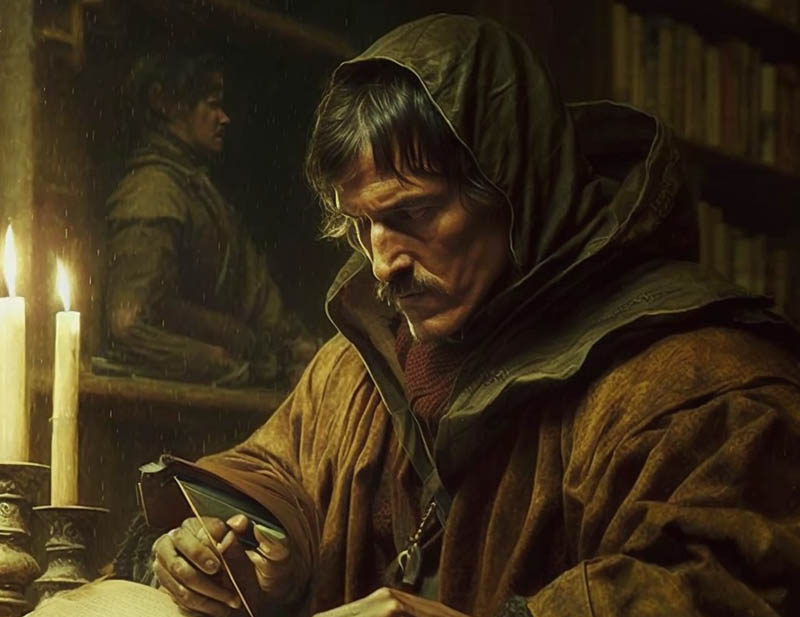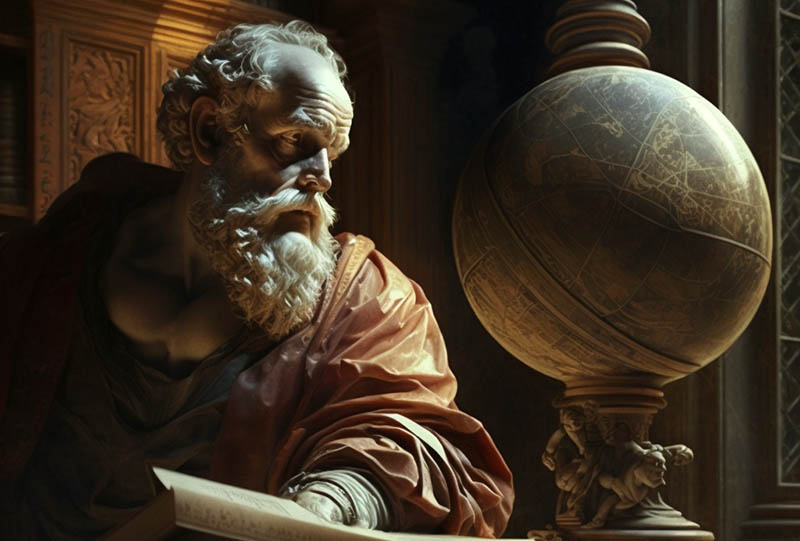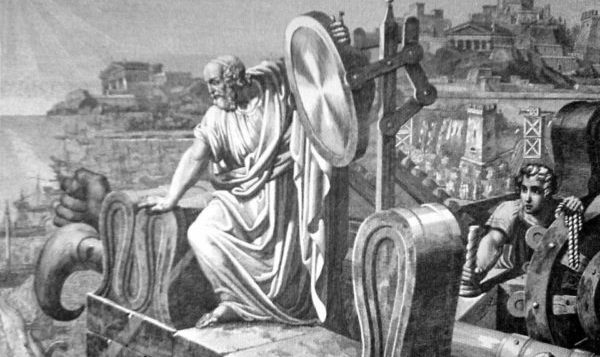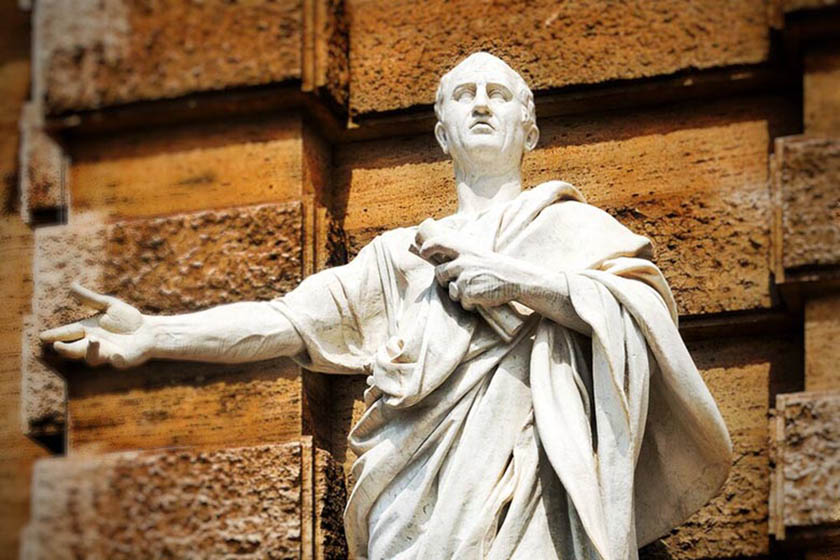Giordano Bruno gave his life for his beliefs. The people of that era were not yet ready for his scientific discoveries.
Early Life of Giordano Bruno
- Giordano Bruno was born in 1548 in Nola, near Naples, Italy.
- He was the son of a soldier and received a basic education in local schools.
- Bruno later entered the Dominican Order and studied at the universities of Naples and Padua.
- While at the University of Padua, he studied mathematics, philosophy, and astronomy.
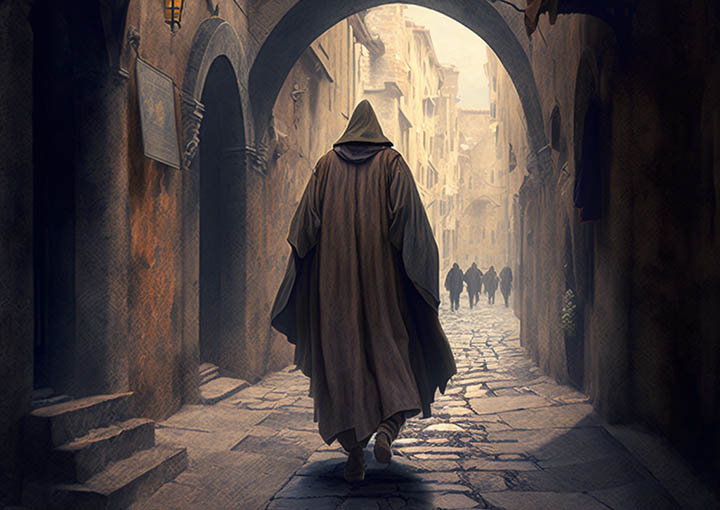
His Controversial Beliefs:
- Bruno was a member of the Hermetic tradition and believed in a concept of an infinite, infinite universe, which was heretical according to the Catholic Church at the time.
- He also believed in the concept of the “memory of the world,” which holds that all events and thoughts are stored in a cosmic memory.
- Bruno was an advocate of the Copernican system, which placed the Sun at the center of the universe and not the Earth, as was believed at the time.
- He rejected the Aristotelian view of the universe and proposed that the universe was infinite and had no center.
- Bruno also believed that stars were distant suns, each with their own planets and possibly even inhabited by intelligent beings.
Bruno’s career
- Bruno left the Dominican Order and began teaching and writing on his ideas.
- He traveled throughout Europe, teaching and debating with scholars and philosophers.
- He wrote several books, including “De l’infinito, universo e mondi” (On the Infinite, Universe, and Worlds), which detailed his beliefs on the universe and the infinite number of worlds.
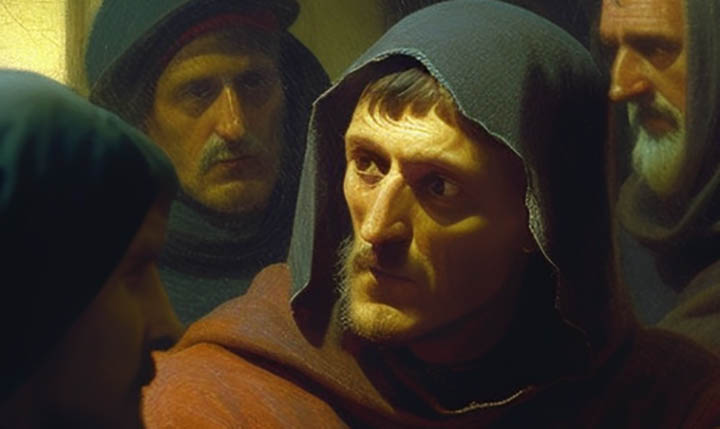
Arrest and Death:
- In 1592, Bruno was arrested by the Roman Inquisition and charged with heresy.
- After several years of imprisonment and trial, he was found guilty and burned at the stake in 1600.
- Bruno’s death is considered a turning point in the scientific revolution and is often seen as a symbol of the clash between science and religion.
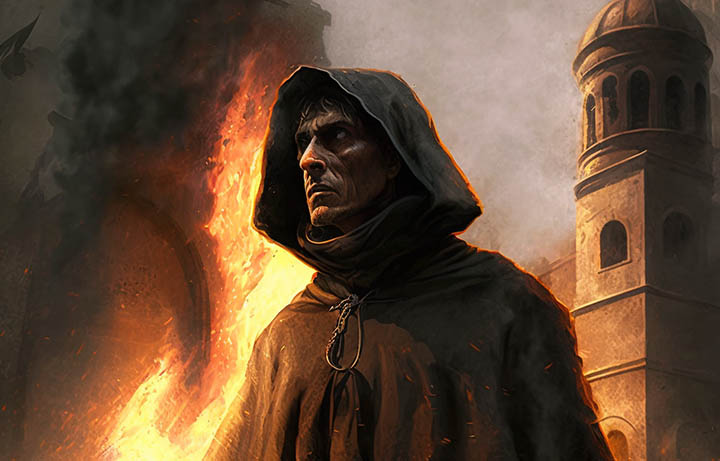
Influence and Legacy of Giordano Bruno
- Bruno’s ideas influenced many important figures in the scientific revolution, including Galileo Galilei and Johannes Kepler.
- Despite his controversial beliefs, Bruno was well respected by his contemporaries for his knowledge of mathematics, philosophy, and natural science.
- His influence can be seen in the works of later philosophers and scientists, including René Descartes, Isaac Newton, and Immanuel Kant.
- In the 20th century, Bruno was rehabilitated by the Catholic Church and his ideas were seen as ahead of their time.
- In 2000, the Vatican issued an apology for the treatment of Giordano Bruno and acknowledged that he had been wrongly convicted.
